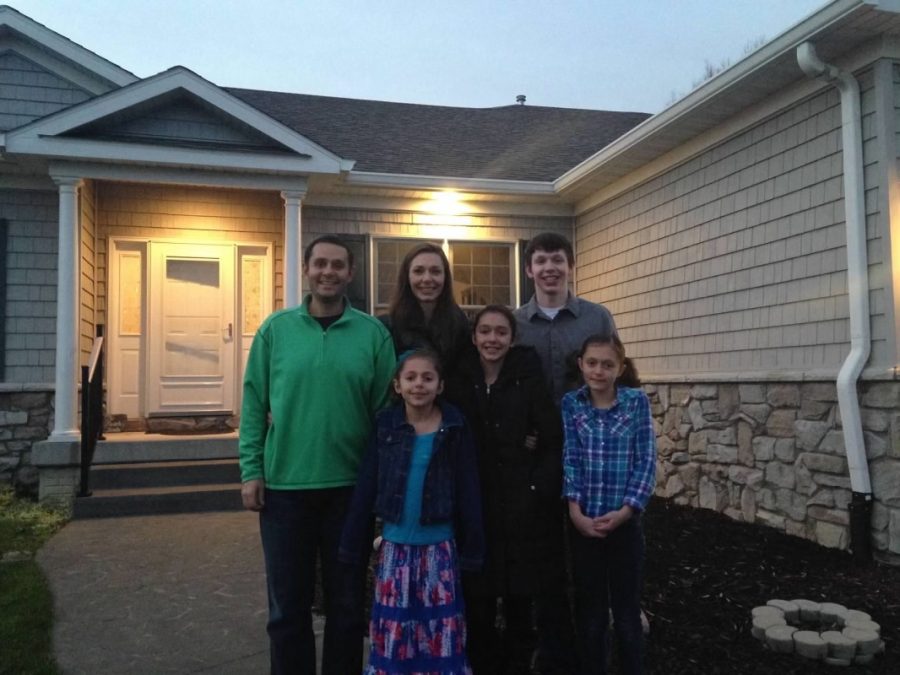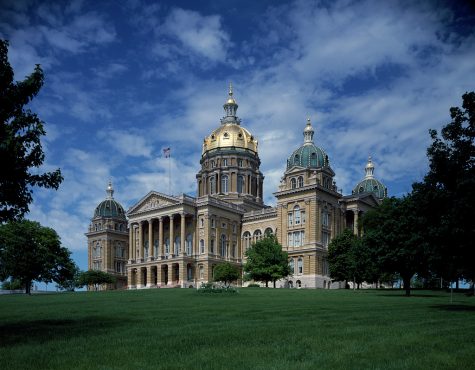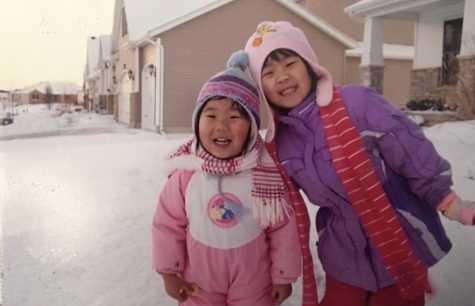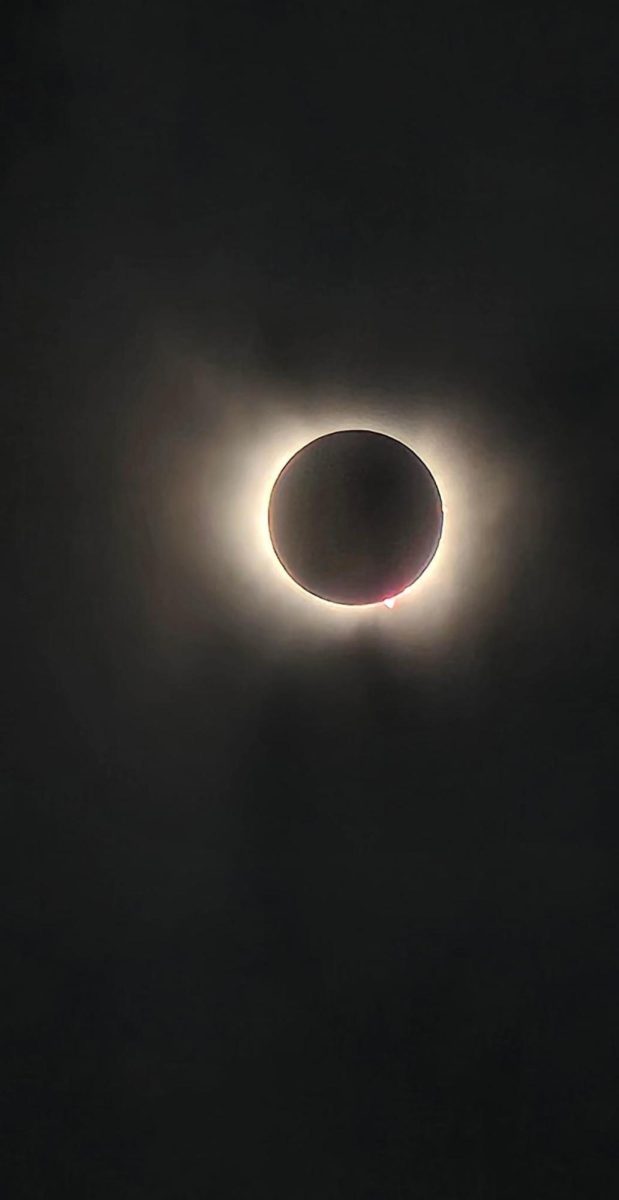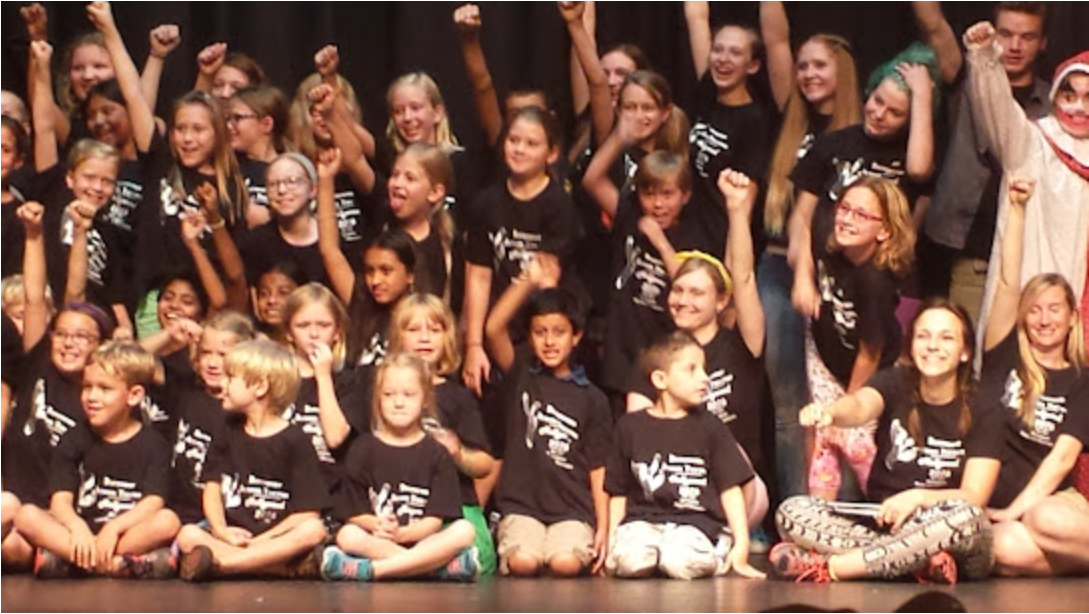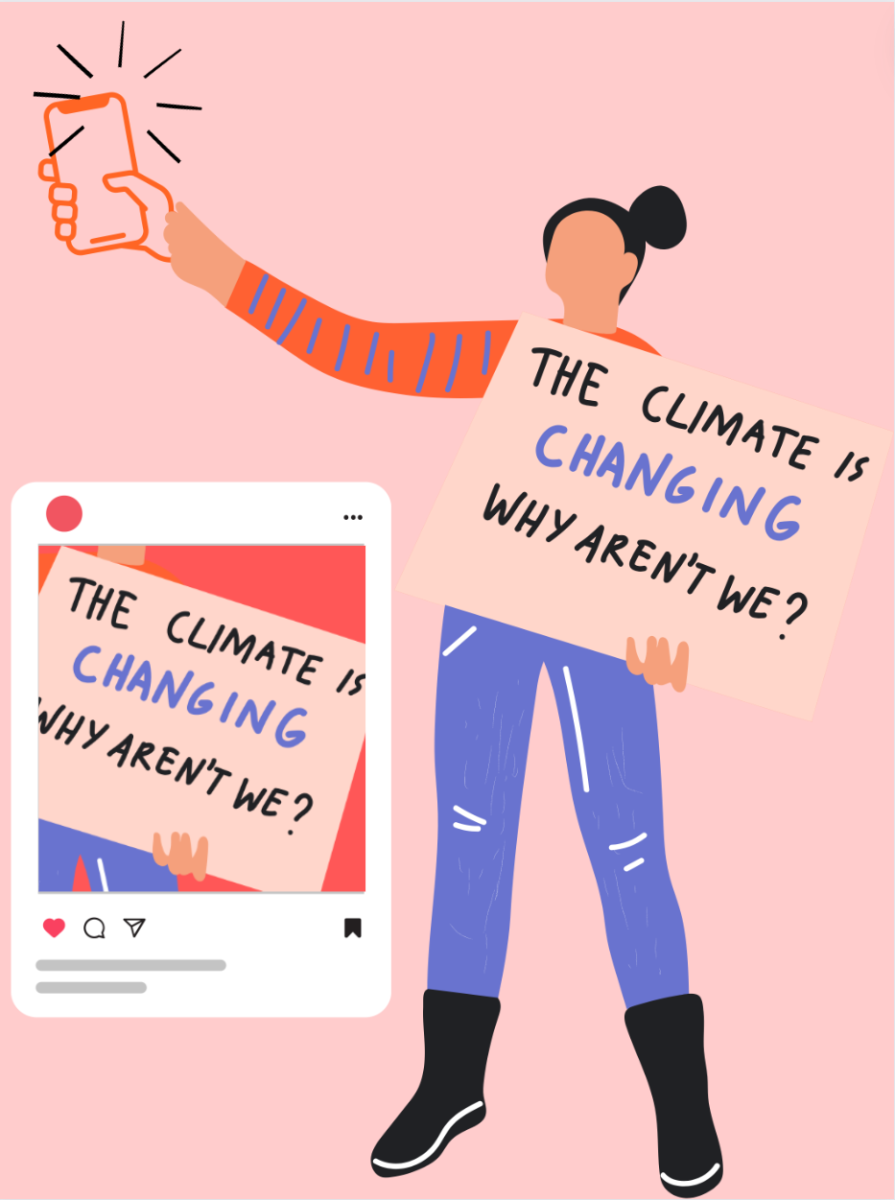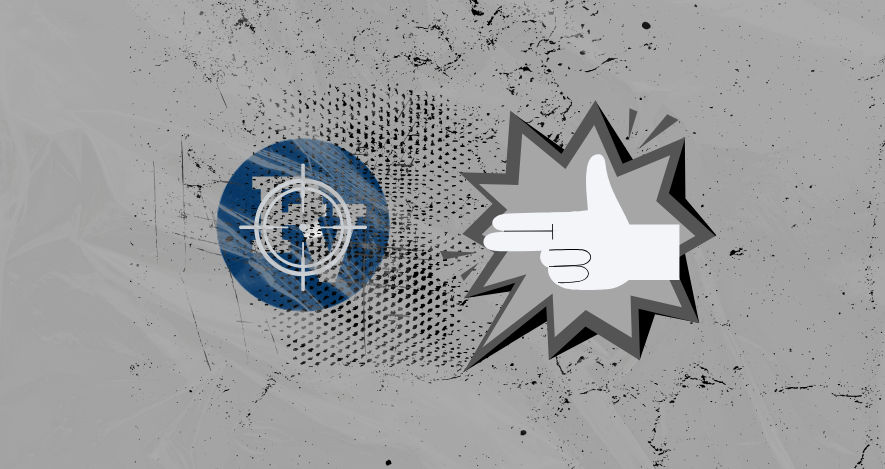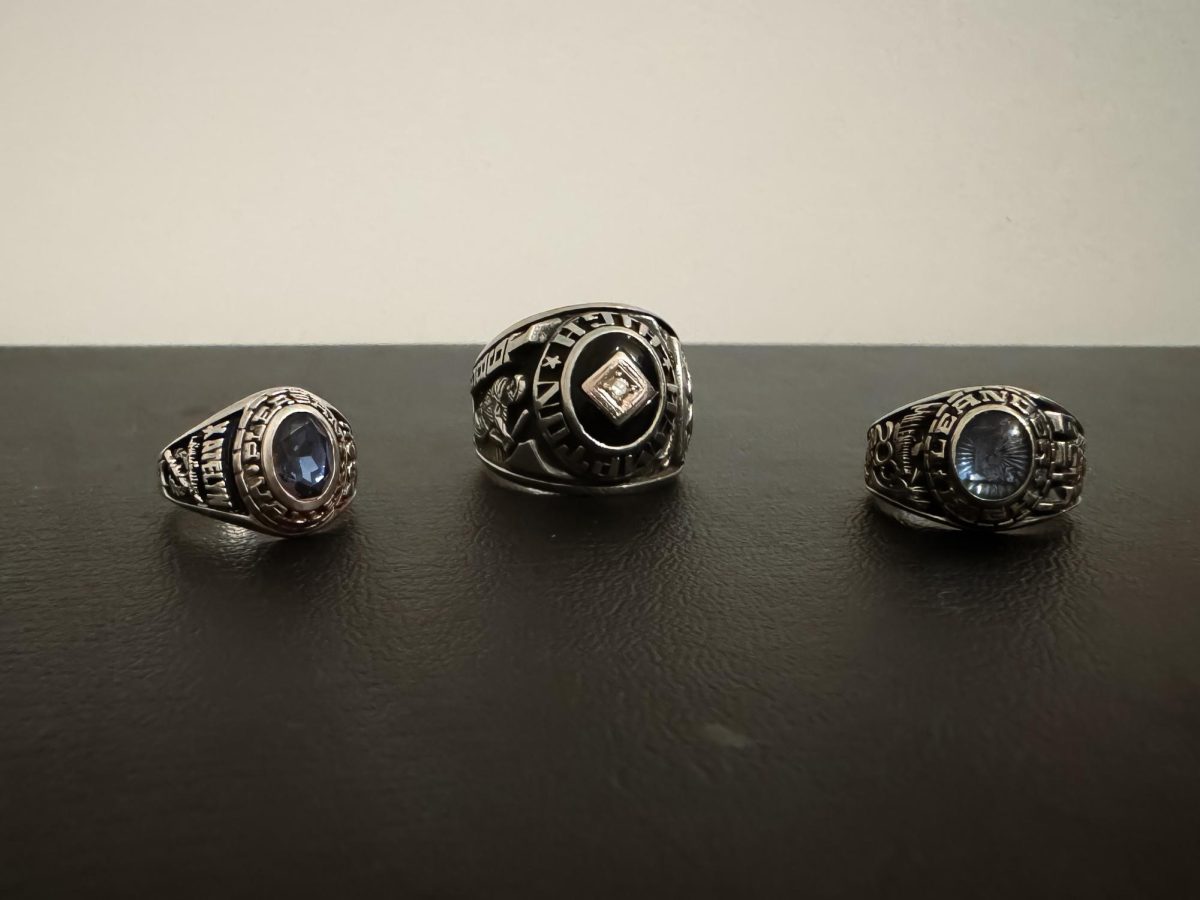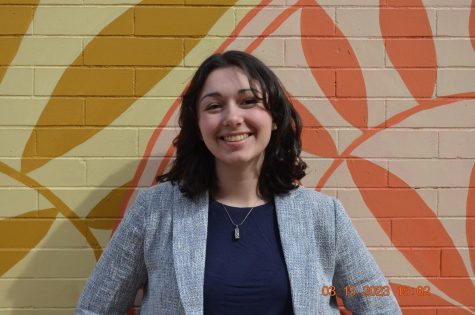In light of the recent Maryland couple who sued their homeowners association (HOA) over the right to grow native plants in their yard, many have begun to question the authority and rectitude of HOAs.
Despite HOAs’ claims that they are designed to protect owners’ property values, provide services to residents and develop a sense of community, the history of HOAs—rooted in racism—highlights the dark morals and integrity of the institutions.
In the 1800s, land developers scrambled to sell homes in the rapidly expanding United States and turned to HOAs as a way to manage and promote their properties. But homeowners associations remained relatively unpopular until the 1960s suburban boom, when they quickly expanded across the entire country.

PV social studies teacher Sara Russell connected HOAs to another discriminatory practice: redlining. “Historically, HOAs came about during the same time when redlining was a common practice—the suburban boom of the 1950s and 1960s. While federal laws have been passed to make housing practices fairer, HOAs are not always subject to the same laws, allowing them to be the gatekeepers—no pun intended—of who can live in neighborhoods,” Russell shared.
For years, HOAs and other agencies have sold the idea that one of the best ways to build and pass on generational wealth is to own real estate—yet, for decades, minority groups were excluded from certain neighborhoods. White Americans weaponized homeowners associations to exclude certain groups—most notably Jews, Black Americans, and Asian Americans—out of ‘their’ neighborhoods.
Senior Josh Thomas explained how HOAs’ racism impacted generational wealth and the ripple effects still felt years later. “Even though many things have been fixed, the initial gap hasn’t been closed. Redlining and housing discrimination means that certain groups haven’t been able to get out of bad areas with poor education systems and less opportunities,” Thomas shared. “These disadvantages compound over time, leading to the wealth gap we see between different races.”
In an interview with Business Insider, Jonathan Rothwell, author of “A Republic of Equals,” shared his thoughts about anti-blackness and the homeowners association. “There is plenty of evidence from historic records and housing policy discussions that anti-Black racism motivated some of the strategies used by homeowner associations,” he said. “HOAs perpetuate racial and economic segregation by clocking fair participation in housing markets, thus denying wealth-generating opportunities and upward mobility for many Black people and lower-income families.”
Despite the federal Fair Housing Act’s prohibition on racial discrimination, homeowners associations continue to discriminate against minority homeowners. A Bloomberg report found that neighborhoods with HOAs are less racially diverse, while less-regulated cities have higher HOA premiums.
In the neighborhood of Flushing in New York City, home to the city’s largest Chinatown, the HOA board of executives is all white. Uncoincidentally, in 2019, three Asian residents found themselves fined for a petty HOA violation. After putting up safer fences, these Asian residents were fined while their white neighbors’ violations were ignored.
Another instance occurred in 2019 when a Florida woman found racially restrictive language in her HOA’s document. The language in question: her prospective neighborhood had a ‘Caucasian-only’ restriction. Though the restriction was unconstitutional because of federal law, it was still considered ‘active language’ because of the document’s easement.
People don’t necessarily seek out unfair privileges, but they are unlikely to voluntarily give them up.
— Johnathan Rothwell, Business Insider
“I think HOAs are popular because they work to create and preserve privilege by excluding others. This drives up the value of properties by limiting competition and disrupting markets,” Rothwell continued. “People don’t necessarily seek out unfair privileges, but they are unlikely to voluntarily give them up.”
HOAs are just one of the roadblocks that obstruct the efforts of minority groups and low-income Americans to find financial and social success. As with other systemically racist institutions and the growing movement to ban racial conversations and critical race theory discussions from schools, the prevalence of racism and intolerance is deeply rooted in the core of the United States.
Thomas has also recognized the similarity between HOAs and other institutions. “They’re similar to poll taxes and literacy tests in that this sort of tacit racism can be difficult to prove and fix but still has very negative effects,” he said.
While these problems are not the fault of individual Americans, they do stem from societal ignorance. Many systems, including HOAs, have benefited from the public’s lack of knowledge about the original intent of institutions.
Thomas concluded with a message on what the next steps are in order to combat systemic racism. “Americans should have a more open mind when it comes to accepting the results of systemic racism and acknowledge that, even though certain policies may not have ill intent, they still affect different people disproportionately,” he said.
Instead of banning discussions about racial issues, it is pertinent that the United States educates its citizens about the tensions between race and institutions. As long as societal ignorance remains unchecked, inequality and racism will continue to plague our neighborhoods.








